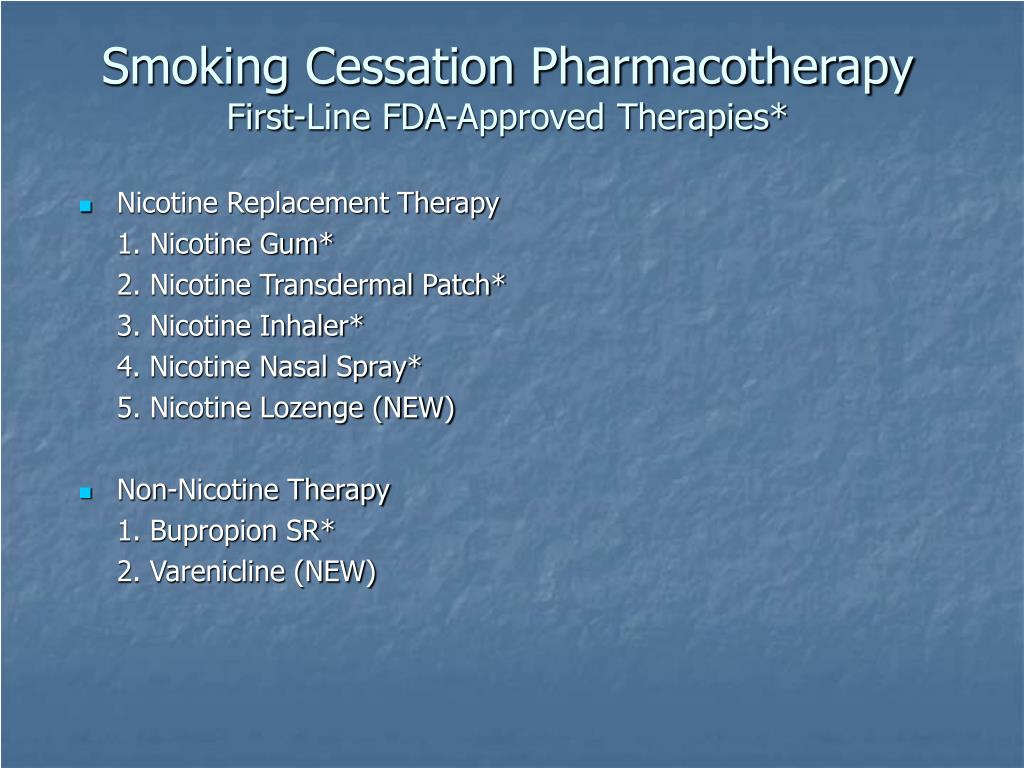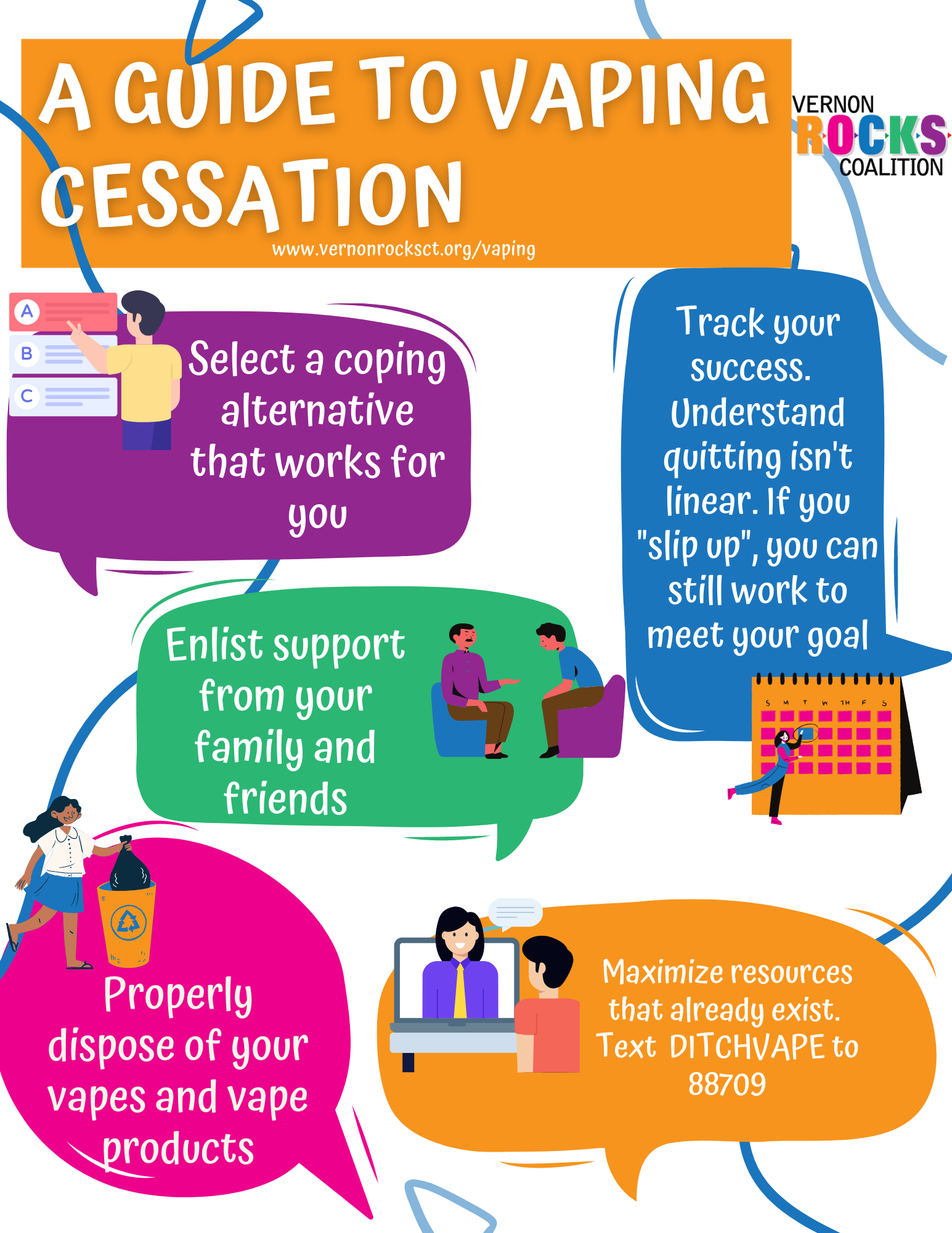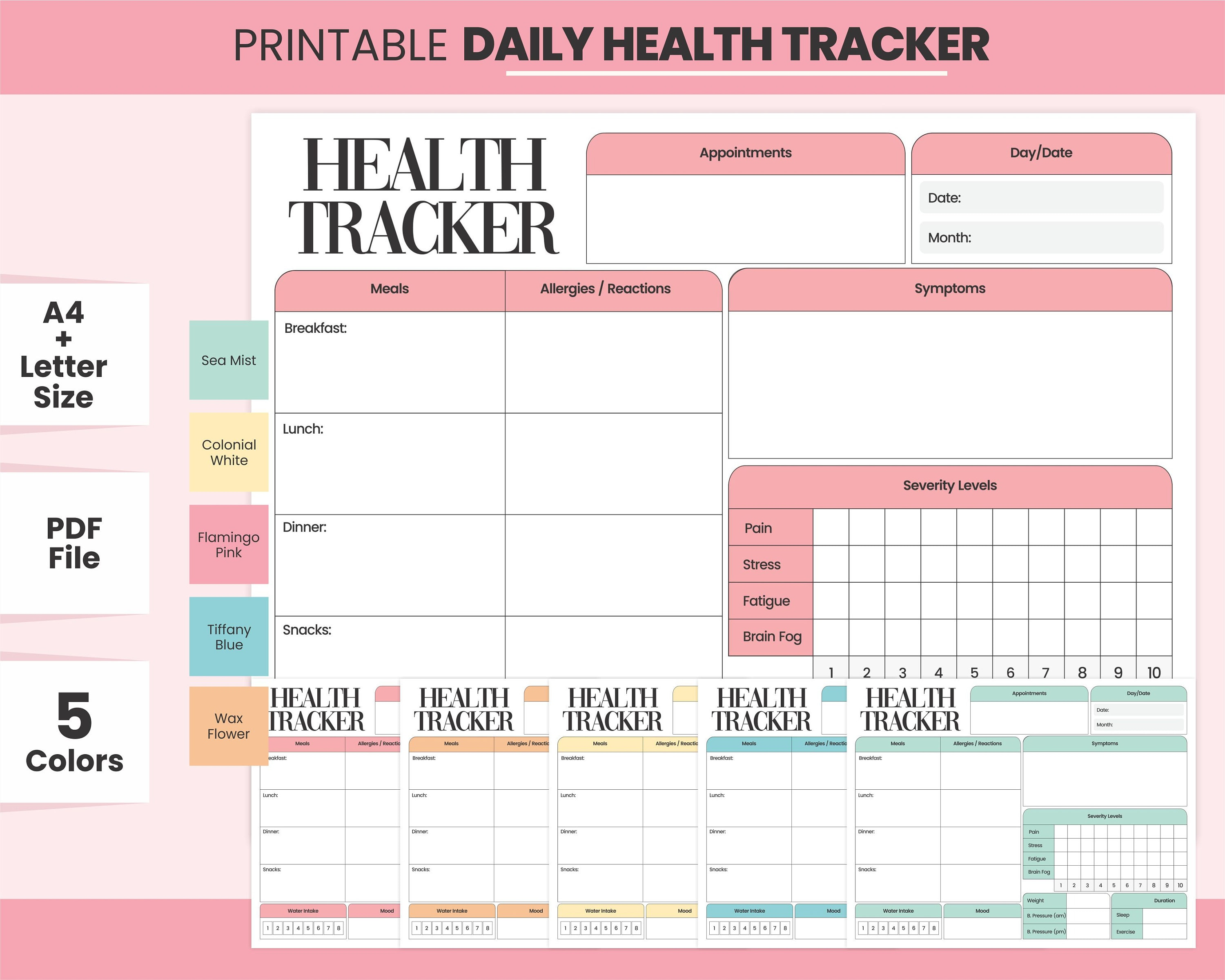
FDA-approved Smoking Cessation Pill Shows Promising Results
The FDA-approved smoking cessation pill, varenicline, has emerged as a powerful ally in the fight against vaping addiction among teens and young adults. Recent research from Mass General Brigham suggests that this twice-daily medication significantly increases the likelihood of successfully quitting vaping, with participants experiencing more than three times the success rate compared to those on placebo. With a staggering number of high schoolers and young adults engaged in vaping, addressing this issue is critical to prevent the associated health impacts of vaping and nicotine addiction. The study highlights the effectiveness of varenicline not just in adults but also in younger populations, marking a significant step forward in smoking cessation strategies. As vaping continues to gain popularity, understanding and promoting such FDA-approved smoking cessation pills is essential for providing effective pathways to quit vaping and improve public health.
The emergence of FDA-endorsed medications for quitting smoking represents a crucial development in tackling nicotine addiction, especially among adolescents. Varenicline, a notable option, has demonstrated substantial efficacy in helping young individuals break free from vaping habits. This research underscores the increased necessity for effective interventions tailored for the youth demographic, emphasizing the importance of pharmacological support alongside behavioral therapy. The alarming rates of vaping among young adults highlight a growing public health crisis, making it imperative to explore prescription options that facilitate quitting. By targeting vaping addiction treatment, we can better address the underlying health risks associated with nicotine dependency and empower the next generation towards healthier choices.
Understanding Varenicline: The FDA-Approved Smoking Cessation Solution
Varenicline has emerged as a pivotal tool for combating nicotine addiction, particularly among adolescents. Approved by the FDA, this twice-daily smoking cessation pill has shown remarkable effectiveness in clinical trials, especially for a demographic that is increasingly reliant on vaping. The significance of this medication lies in its ability to alleviate withdrawal symptoms and cravings, making it easier for young people to transition away from vaping and towards a healthier lifestyle. As vaping rates among teens continue to climb, the need for effective smoking cessation methods, such as varenicline, becomes even more critical.
The findings from a recent study indicate that teens and young adults taking varenicline are three times more likely to successfully quit vaping compared to those receiving behavioral counseling alone. This is a groundbreaking revelation, as it underscores the necessity of integrating pharmacological treatments with behavioral therapies in smoking cessation programs. With the alarming rates of vaping among adolescents, it is essential to understand how varenicline can play a vital role in their recovery and ultimately reduce the health impacts associated with long-term nicotine use.
Frequently Asked Questions
What is the FDA-approved smoking cessation pill and how does it help with quitting vaping?
The FDA-approved smoking cessation pill, varenicline, is designed to help individuals quit nicotine use, including vaping. By targeting nicotine receptors in the brain, varenicline reduces cravings and withdrawal symptoms, significantly increasing the chances of successfully quitting vaping when combined with behavioral support. Recent studies show it is particularly effective for teens and young adults.
Can varenicline be used for smoking cessation in young adults and teens?
Yes, varenicline is approved for smoking cessation in adults but can also be prescribed to teens and young adults aged 16 to 25 who are struggling with nicotine vaping. Clinical trials have demonstrated that this treatment increases the likelihood of successfully quitting compared to placebo treatments.
How effective is varenicline for teens aiming to quit vaping?
Clinical studies have shown that teens and young adults using varenicline are more than three times as likely to successfully quit vaping compared to those who only receive behavioral counseling. This indicates varenicline is a highly effective FDA-approved smoking cessation pill for younger populations.
What are the health impacts of vaping that varenicline can help mitigate?
Vaping poses significant health risks, including nicotine addiction, exposure to carcinogens, and pulmonary issues. Using varenicline, an FDA-approved smoking cessation pill, can help teens and young adults overcome vaping addiction, reducing these health risks and promoting overall well-being.
Are there any side effects associated with the FDA-approved smoking cessation pill varenicline?
While varenicline is generally safe, some users may experience mild side effects such as nausea, insomnia, or unusual dreams. However, in clinical trials, participants did not transition to smoking cigarettes after quitting vaping, suggesting a favorable safety profile.
What support is available for teens taking varenicline for vaping addiction treatment?
Teens prescribed varenicline for vaping addiction treatment often receive additional support, including weekly behavioral counseling and access to text support services like ‘This is Quitting.’ These resources enhance the effectiveness of the medication in achieving smoking cessation.
Is there a difference between vaping cessation and smoking cessation treatments?
While both vaping cessation and smoking cessation treatments aim to help individuals quit nicotine, they may utilize different strategies based on the delivery method and addiction patterns. Varenicline, an FDA-approved smoking cessation pill, has been proven to be effective across both smoking and vaping cessation.
How long does treatment with varenicline for vaping addiction typically last?
Treatment with varenicline for vaping addiction usually lasts for a period of 12 weeks, during which participants are regularly assessed for their success in quitting vaping, followed by additional monitoring for up to 24 weeks.
Who should consider using varenicline for quitting vaping?
Individuals aged 16 to 25 struggling with nicotine addiction from vaping should consider varenicline, especially if they are seeking medical assistance to quit. It is particularly beneficial for those who have tried quitting unsuccessfully through other means.
What makes varenicline a better option than behavioral counseling alone for quitting vaping?
Varenicline enhances the quitting process significantly. Studies show users of this FDA-approved smoking cessation pill experienced higher success rates in quitting vaping compared to those receiving only behavioral counseling, demonstrating its role as a crucial tool in smoking cessation strategies.
| Key Points | Details |
|---|---|
| FDA-approved smoking cessation pill | Varenicline is an FDA-approved pill that helps individuals quit nicotine, prescribed for those aged 16-25. |
| Study Results | Participants aged 16-25 who took varenicline were three times more successful in quitting vaping compared to those on placebo and counseling. |
| Vaping Prevalence | About 25% of people aged 18-25 vaped in 2023; 8% of high school students vaped in 2024. |
| Clinical Trial Structure | 261 participants were randomized into three groups: (1) varenicline + counseling, (2) placebo + counseling, and (3) text support only. |
| Success Rates | At 12 weeks, 51% of varenicline users quit vaping vs. 14% placebo vs. 6% text only. At 24 weeks: 28% varenicline, 7% placebo, 4% text only. |
| Safety and Effectiveness | Varenicline was found safe with no participants turning to cigarettes after quitting vaping. |
Summary
The FDA-approved smoking cessation pill, varenicline, has demonstrated significant effectiveness in helping adolescents and young adults quit vaping. A study from Mass General Brigham revealed that this twice-daily pill led to threefold higher success rates in quitting compared to placebo interventions, highlighting its potent role in addressing nicotine addiction in younger populations. By offering a combination of medication and behavioral support, varenicline paves the way for a critical strategy in combating the rising vaping epidemic among youth. Not only does this reflect a pivotal advancement in smoking cessation therapies, but it also underscores the importance of ongoing research into effective treatments within this vulnerable demographic.


